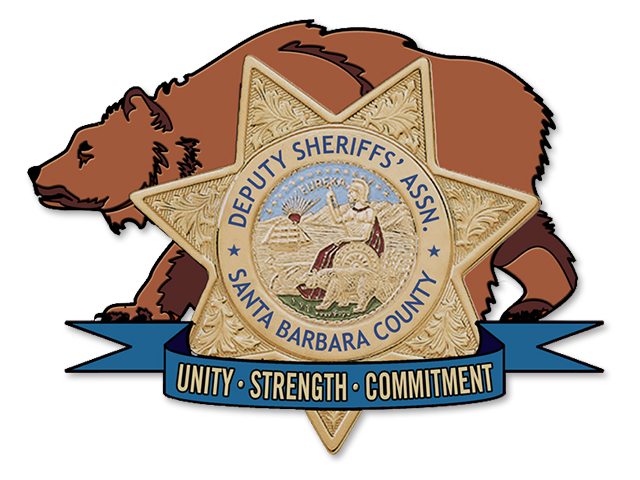On
March 19, 2025, Partner Attorney David E. Mastagni testified before the State Assembly
Public Employment and Retirement Committee in support of AB 340 on behalf of
the Peace Officers’ Research Association of California (PORAC). AB 340 would
prohibit a public agency employer from asking any employee or their union
representative about communications concerning workplace matters that are made
in confidence between the employee and their representative.
The bill
safeguards public employees’ union representation by prohibiting invasive
employer questioning and compelled disclosures that undermine confidential union
communications. It ensures workers – whether peace officers, firefighters, or
teachers – can discuss critical issues like safety concerns, overtime
grievances, or discipline appeals with their union representatives without fear
of employer interference.
Strengthening Union Representation Rights and Codifies PERB Precedent
Current
state law does not explicitly prohibit employers from compelling employees or
their union representatives to disclose what they discussed in private. AB 340 would
codify existing Public Employment Relations Board (PERB) decisions, which have
long held it’s “beyond dispute that an employer’s inquiries into discussions
between employees and their union representatives have a tendency to chill the
protected activities of both the employees and the representatives.” County
of Merced (PERB Dec. No. 2361-M). Merced further held that
compelling such disclosure “restrains employees in their willingness to
candidly discuss matters with their chosen…representatives” and “prohibits
stewards from obtaining the needed information from employees.”
William S.
Hart (PERB Dec. No. 2595) held a District’s questioning of a shop steward
about complaints received from bargaining unit members about another member
violated the steward’s protected rights and the union’s ability to effectively
represent its bargaining unit. PERB noted that “[a]n employer’s legitimate
investigation into alleged wrongdoing cannot include quizzing the shop steward
about…communications between employees and their union representatives, thereby
deputizing the union as the employer’s agent for conducting disciplinary investigations.”
The bill levels the playing field
for public employees by making this protection universal across all public
employers under PERB’s jurisdiction. When employees discuss workplace matters,
like grievances or adverse actions, with their representatives, they often
believe that these conversations are confidential. Keeping these communications
confidential remains essential to fostering trust and ensuring effective
representation for unit employees. If employees begin to question the
confidentiality of their communications with union agents, such fears undermine
the core functions of the union and may deter future employees from coming
forward with claims of workplace misconduct or other concerted issues.
AB 340 enshrines
the union representative’s ability to properly discharge its duty because effective representation hinges on privacy; when
employers extract details about union communications, they undermine the
union’s ability to advocate for its members. Such questioning chills open
communications, discourages whistleblowers, provides employers an unfair insight
into the union, and can be used to target union leaders.
Bill opponents
argue that the bill creates an evidentiary privilege regarding employee-union
communications. The bill is modest and balanced. No such privilege is created. The
bill does not alter the evidence code. Rather,
it codifies a limited protection against employer compelled disclosures
regarding communications made in confidence between a public employee and the
representative in connection with representation relating to any matter within
the scope of the recognized employee organization’s representation. It is only
enforceable through PERB as an unfair practice charge against the employer.
The bill does
not limit the ability of local agencies to conduct thorough investigations, as
it has no application to the questioning of percipient witnesses, including
union representatives, to the underlying matters under investigation. Only
confidential union communications are off-limits. There is also no limitation
on questioning a representative who is a witness to the underlying events that
are the focus of the inquiry. The bill excludes any application to criminal
investigations, and incorporates portions of the Peace Officers’ Procedural
Bill of Rights precluding peace officer representatives from being “a person
subject to the same investigation.”
In
sum, AB 340 ensures public employees can turn to their unions without employer
shadows looming over every conversation. Codifying this protection is a modest but powerful step. California has
long led the nation in protecting workers’ rights, and AB 340 enshrines those
representational rights into law.

